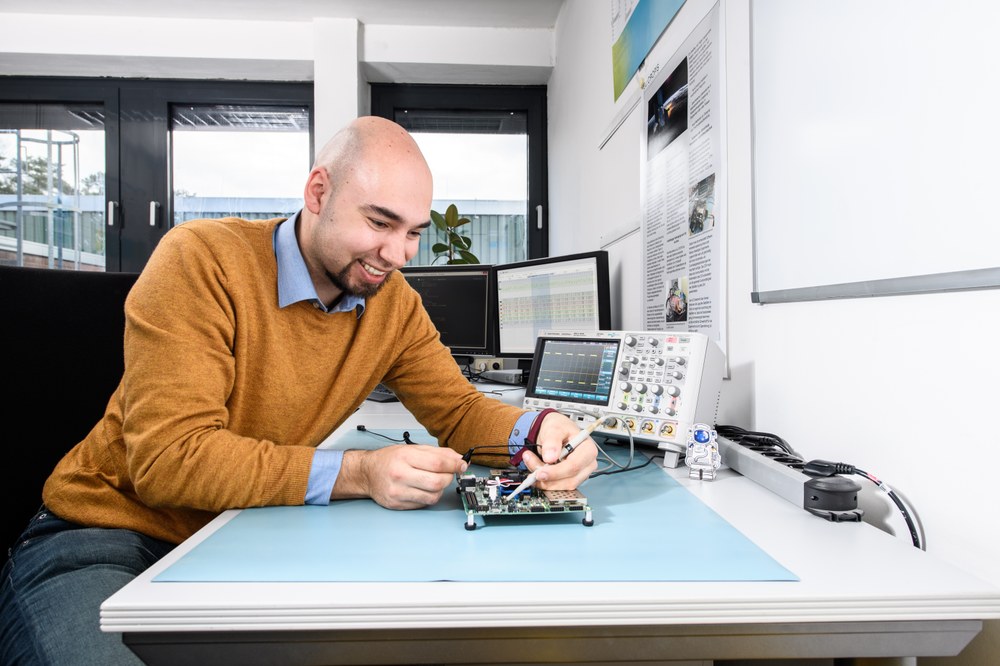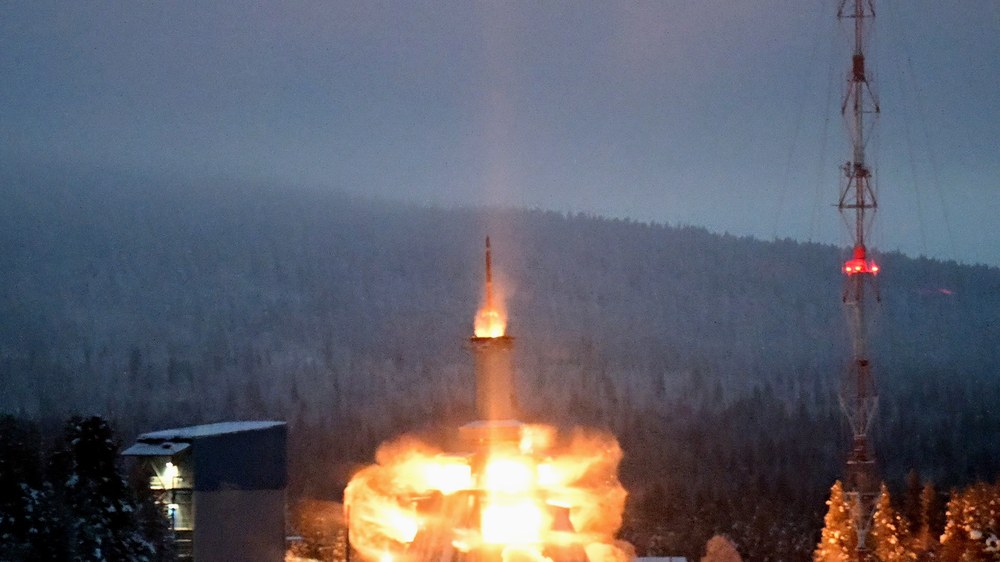Flight Software Department

The department of Flight Software researches and develops reliable and resilient real-time software for aircraft and spacecraft.
The department of Flight Software is one of the most important centres of competence at the German Aerospace Center (DLR) for software engineering of flight software, ranging from embedded, hardware-related software to complex control software for payloads. The department is also the contact point for software quality assurance for safety-critical space systems. We work closely with project and mission stakeholders.
The department currently supports around 15 space missions with its software expertise. These include satellite missions, space transportation and re-entry experiments, exploration rovers, scientific experiments on the International Space Station (ISS) and sounding rockets, and uncrewed high-altitude platforms. The department is active in real-time operating systems, driver and middleware development (e.g. CALLISTO and ReFEx). We also work in the area of spacecraft command and data handling (e.g. in COMPASSO). Experiment control software is also an important pillar of the Flight Software Department's activities, for example in the MAIUS, BECCAL and QYRO missions. In the area of software quality assurance, the department is responsible for subsystems of the ESA missions JUICE and PLATO.
The department's research priorities typically arise from mission challenges. Model-driven software development is an important method for creating highly complex and reliable flight software. The development and application of new programming and scripting languages in the area of safety-critical systems is also an important area of research in the department. It investigates how languages such as Rust, Lua or domain-specific languages can increase productivity in the development of safety-critical software systems.
Other areas of research include new fault tolerance and resilience methods to improve the software reliability of flight computers. Of particular interest are novel distributed flight computer architectures (see ScOSA Flight Experiment). More and more, it is not only necessary to respond to failures caused by space conditions such as radiation, but also to consider possible cyber-attacks on flight systems. With the emergence of increasingly complex artificial intelligence applications on board aircraft and spacecraft, methods must be found to operate them safely. Another area of research is the real-time behaviour of safety-critical systems. Here we are exploring new analysis and planning methods.

